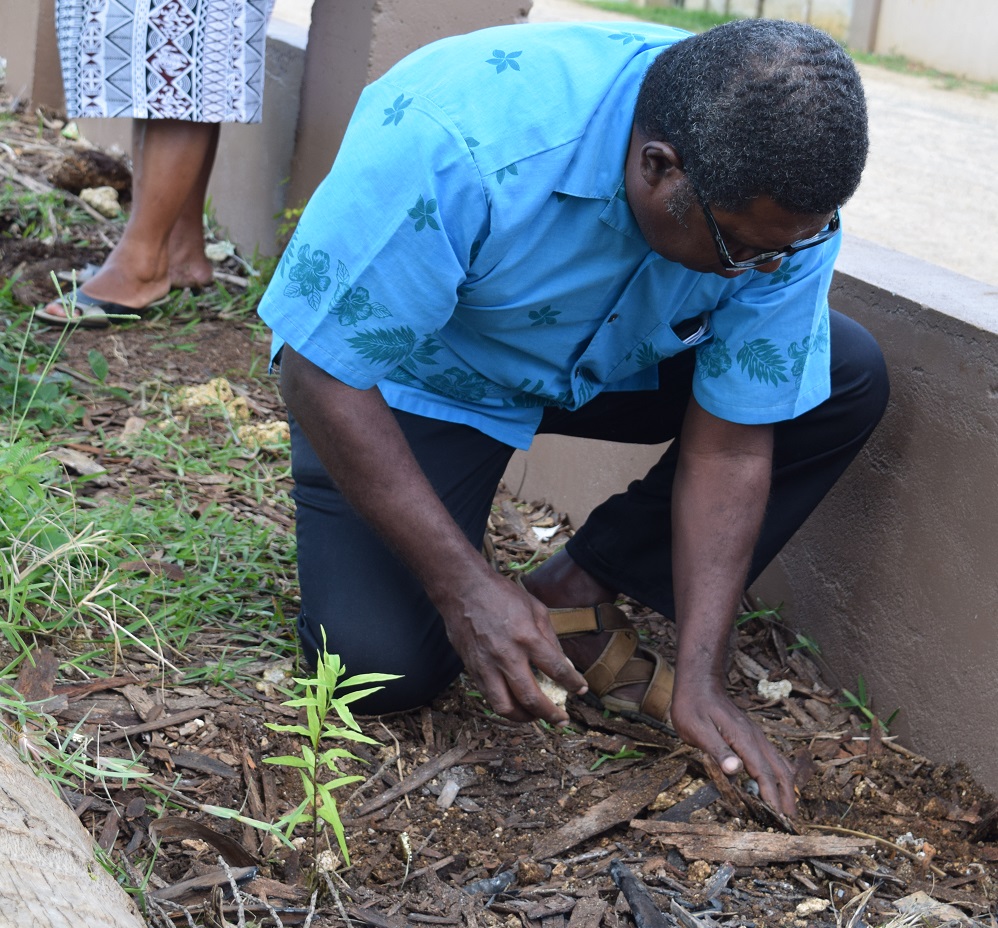
In 1986, the Department of Environmental Protection and Conservation (DEPC) began as the Vanuatu Environment Unit.
Today, we are formally recognised as a department under the Ministry of Climate Change Adaptation, Meteorology & Geo-Hazards, Environment, Energy and Disaster Management.
In 2002, the Government of the Republic of Vanuatu passed the Environmental Management and Conservation Act No. 12 of 2002, now the Environmental Protection and Conservation Act [CAP 283] (the EPC Act).
The EPC Act formally established DEPC in legislation and outlines its role in the development, coordination and implementation of the Government's environmental policies and programs.
But what does this involve? It includes, assessing the environmental impact of proposed developments; working with communities to establish Community Conservation Areas; working with researchers to learn more about our unique environment; protecting internationally endangered species; controlling ozone depleting substances; and working with municipal and provincial governments to manage waste and pollution.
It also means administering environmental laws and collaborating with other partners to address local, regional and global priorities.



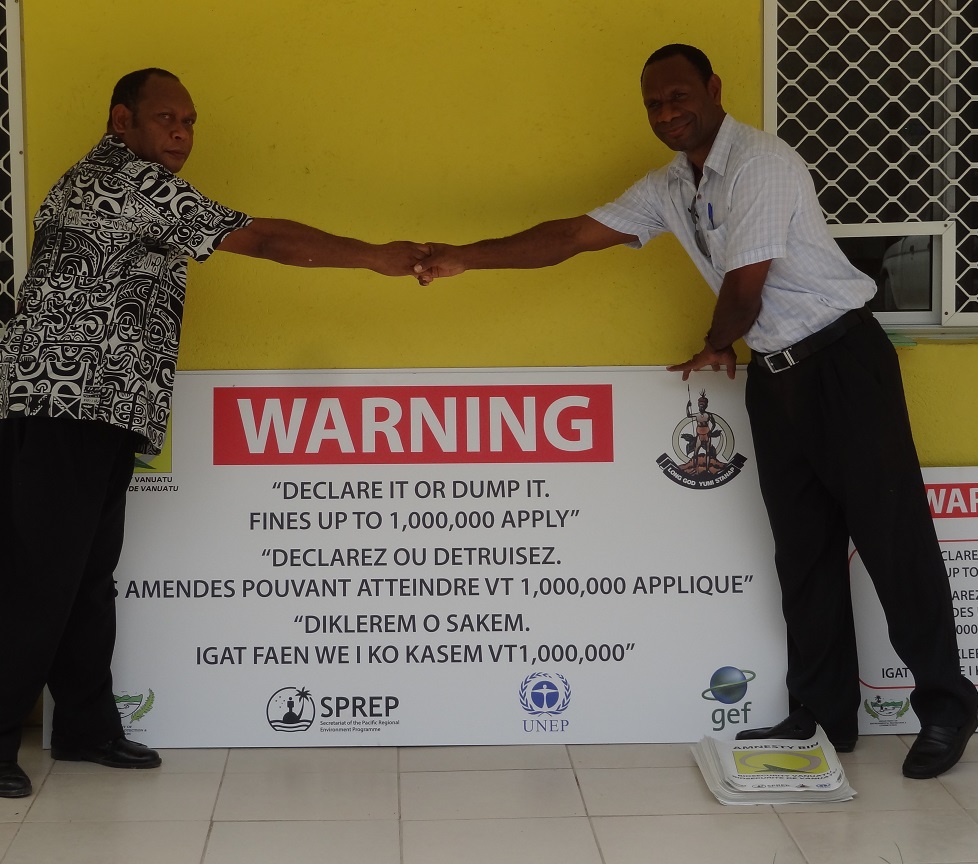
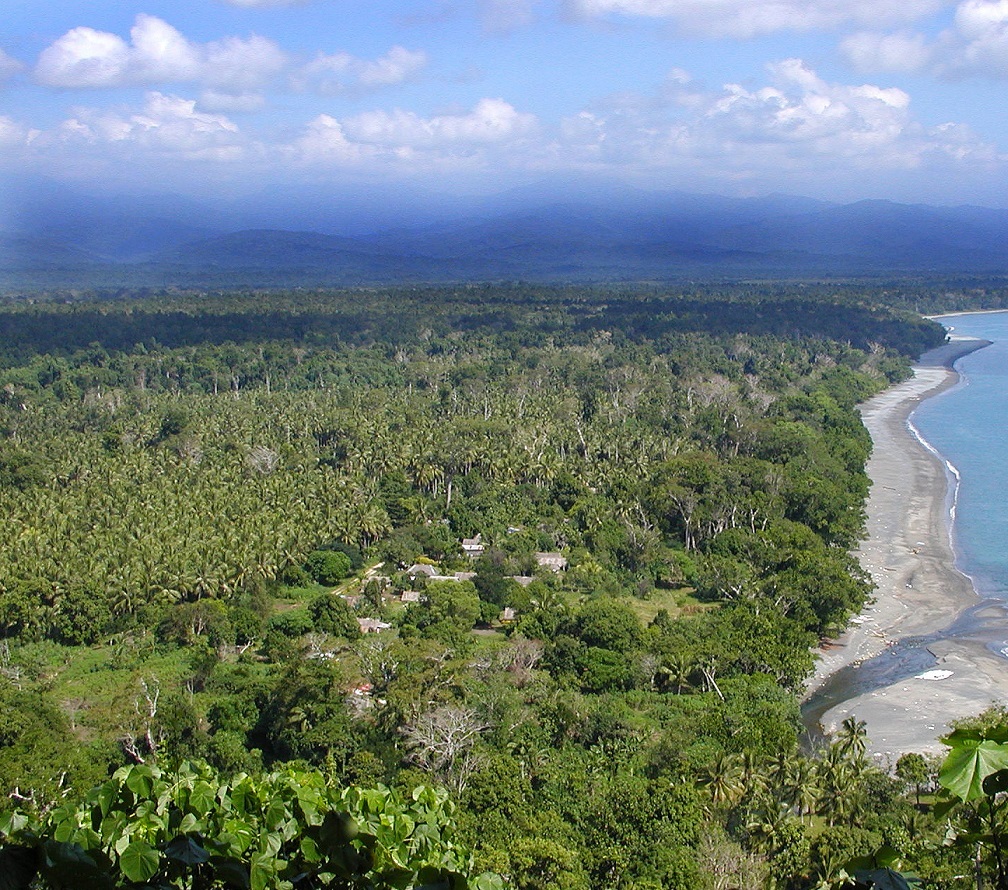
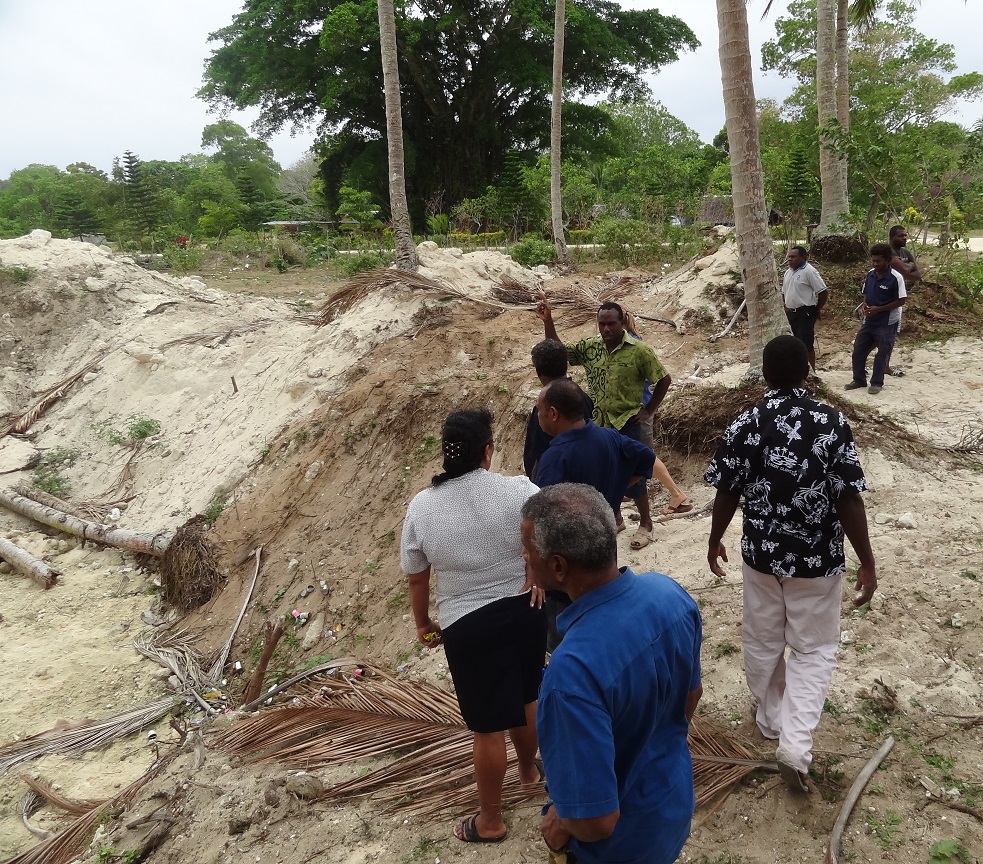
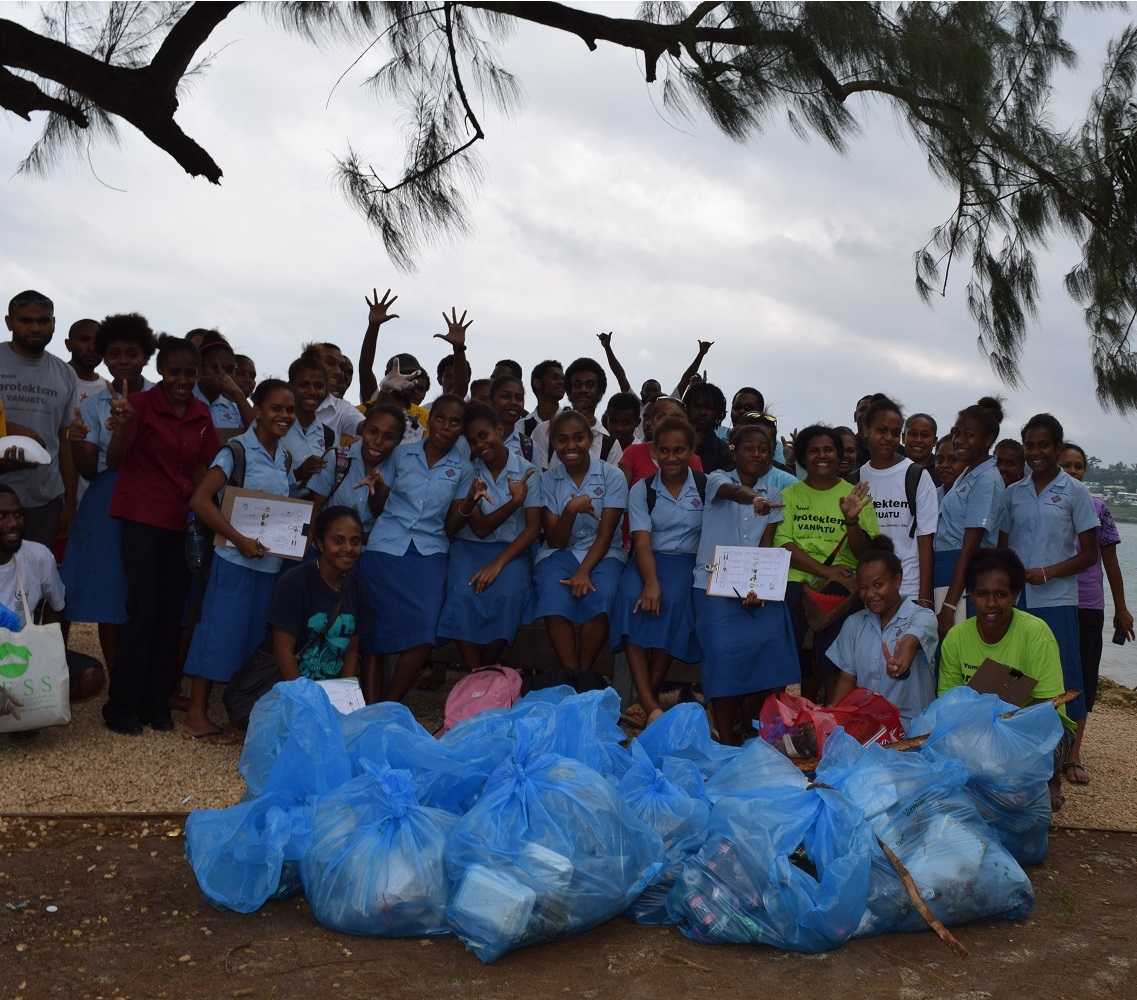
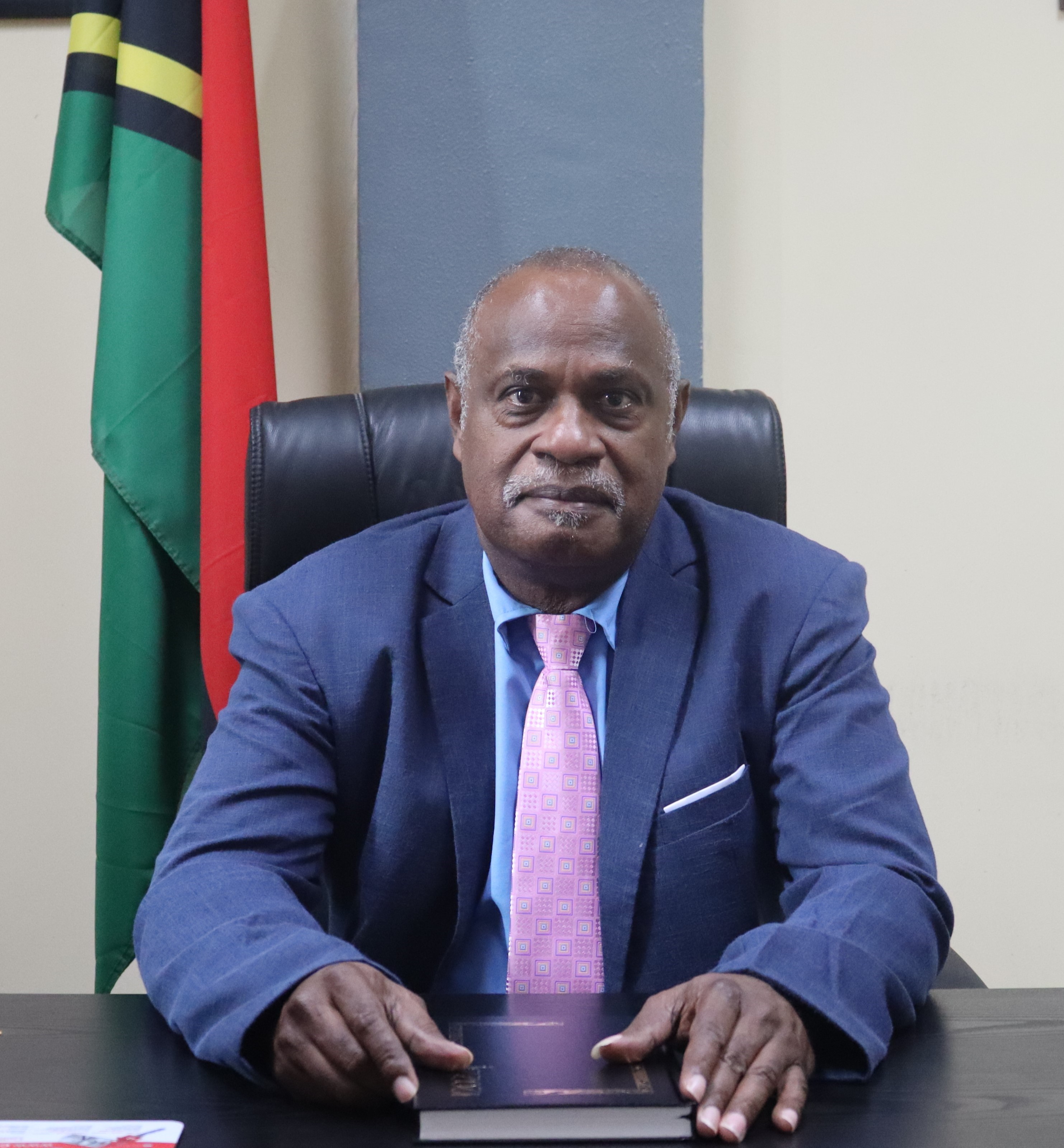
 The variety of plants and animals found in Vanuatu is called its biodiversity.
The variety of plants and animals found in Vanuatu is called its biodiversity. Conservation, in relation to the environment, is the act of protecting and preserving biodiversity.
Conservation, in relation to the environment, is the act of protecting and preserving biodiversity. Bioprospecting is any activity undertaken to harvest or exploit genetic resources.
Bioprospecting is any activity undertaken to harvest or exploit genetic resources.
